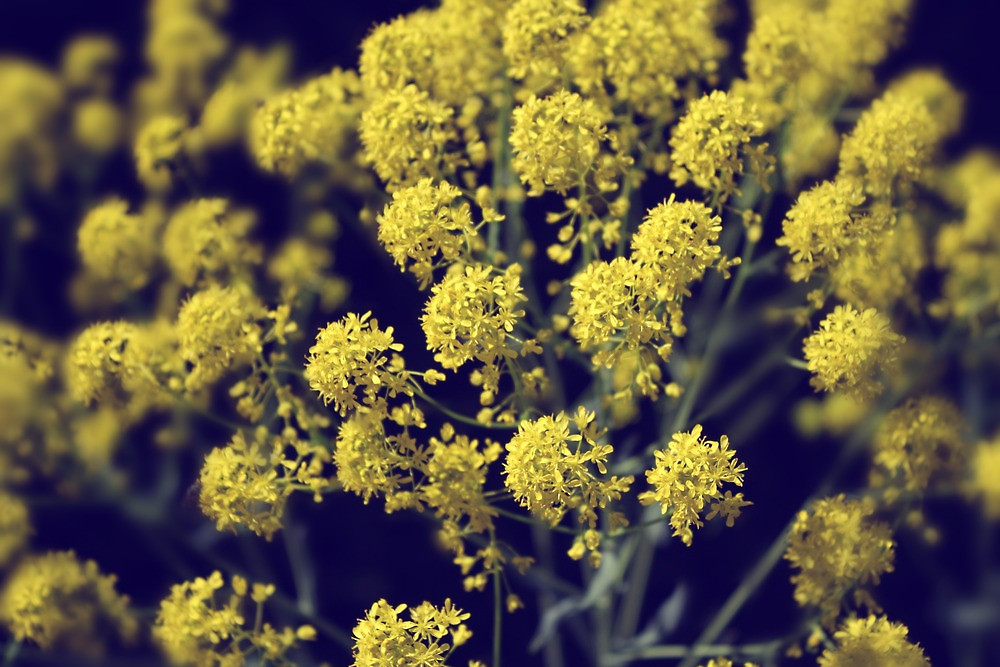I am not one to run around quoting scripture, but I like the one about the lilies and the birds.
“Consider how the wild flowers grow: they neither toil nor spin, yet I tell you, even Solomon in all his glory was not arrayed like one of these.”
I think I get it. If wild flowers can be bold and beautiful without work or worry, why do we “intelligent” beings spend so much time worrying or pushing ourselves so hard?
Still, I do get a little confused by all of this. On my good days, these verses help me see the futility of worrying about getting everything done. On my darker days, a more cynical voice sets in and says “Yeah, well it’s easy for the wild flowers to boast, they don’t have a mortgage to pay.” In between those times I find myself struggling between the desire to “let go” and the need to “get done”.
And so it goes. Ultimately, I end up with a daily question of just how hard to push myself, or indeed whether to push myself at all. So far, the best answer I have found to this daily struggle comes from Anthony De Mello, a Jesuit priest and mystic. De Mello, in his book The Way to Love offers another way.
“There is another way besides laborious self-pushing on the one hand and stagnant acceptance on the other. It is the way of self-understanding.”
De Mello suggests that if we simply observe ourselves and accept who we are in a truly nonjudgmental manner, that awareness and self-understanding will give Nature full rein to bring about the kind of change that she produces in the rose; “artless, graceful, unself-conscious, wholesome, untainted by inner conflict.” The rose, notes De Mello, perseveres through great adversity by being perfectly content to be itself. He maintains that if we truly let go, the transforming light of awareness will produce the same graceful, unconscious change that nature produces in a rose. He suggests that, rather than gritting our teeth and resolving to change, accepting and observing ourselves will lead us to do all that we need to do.
I believe he is right; indeed, everything I have observed in life supports this very gentle yet powerful message. The quote that inspires this thinking comes from the Christian bible, but the idea of drawing wisdom from nature likely transcends all religious beliefs. De Mello, as a Jesuit, sees Nature as the presence of God. That works for me.
The comedian, Steven Wright, says it in more whimsical way when he notes that “hard work pays off in the future; but laziness pays off right away.”
So, today will be my day to be a little lazy; and wait to see what blooms.



